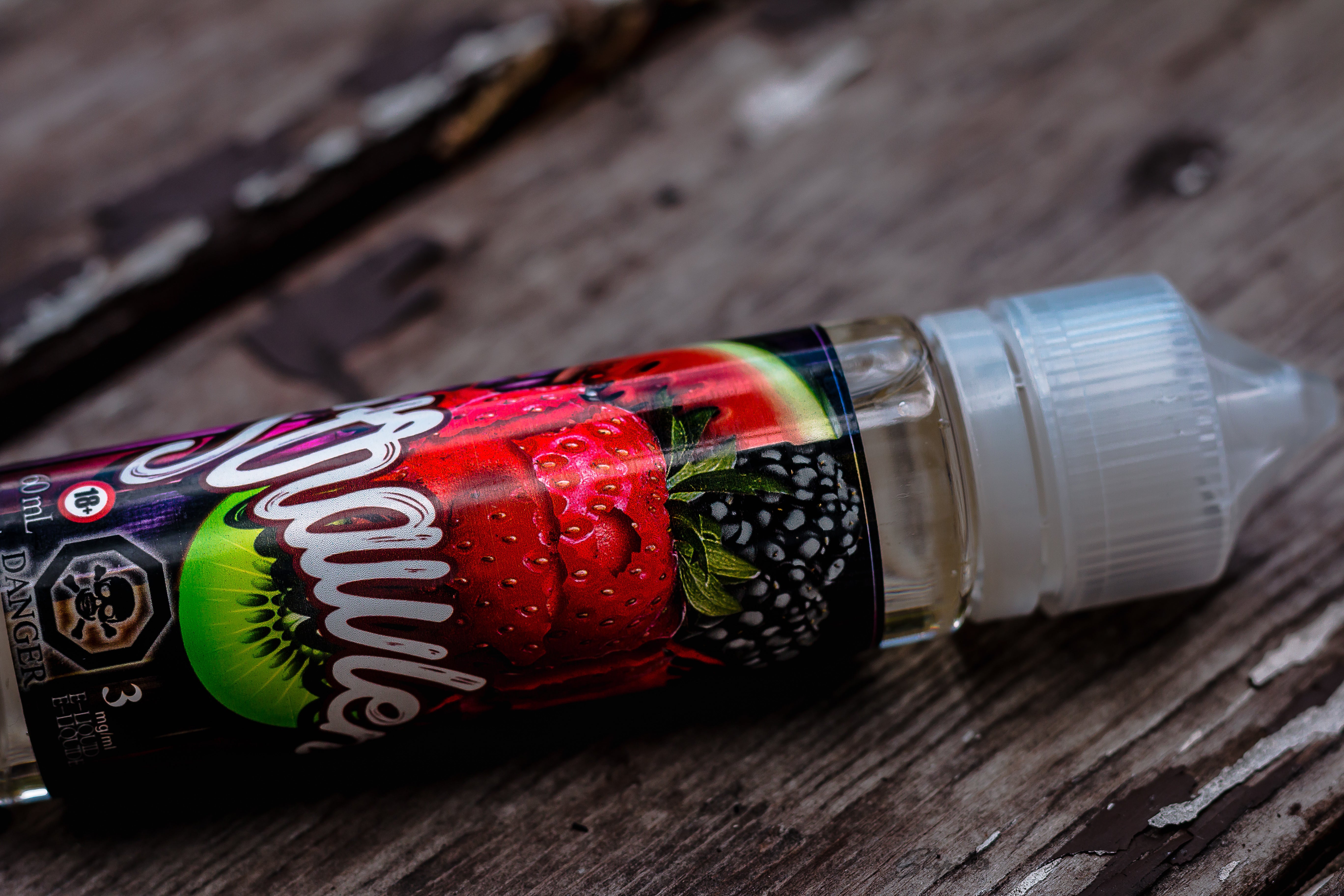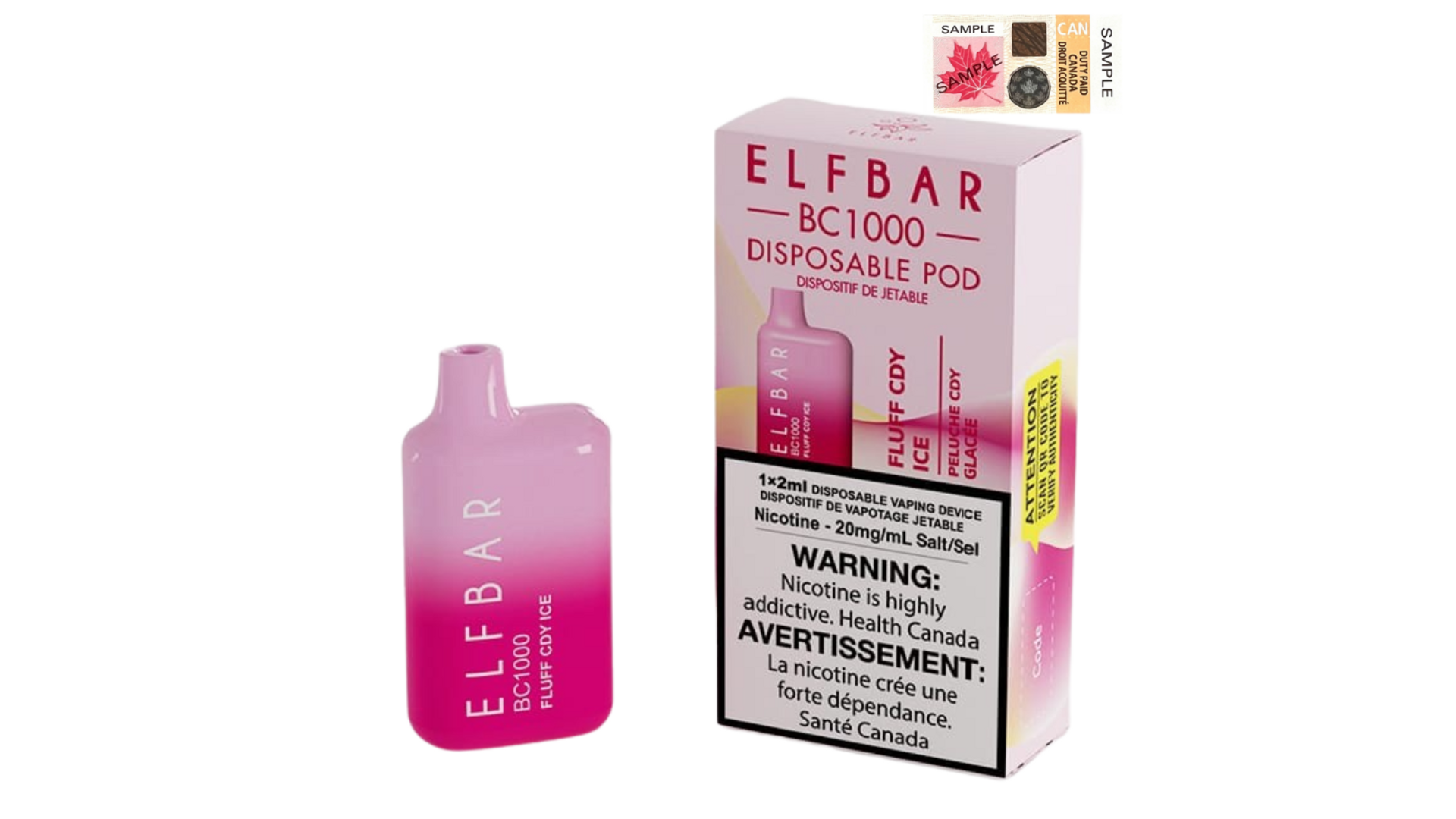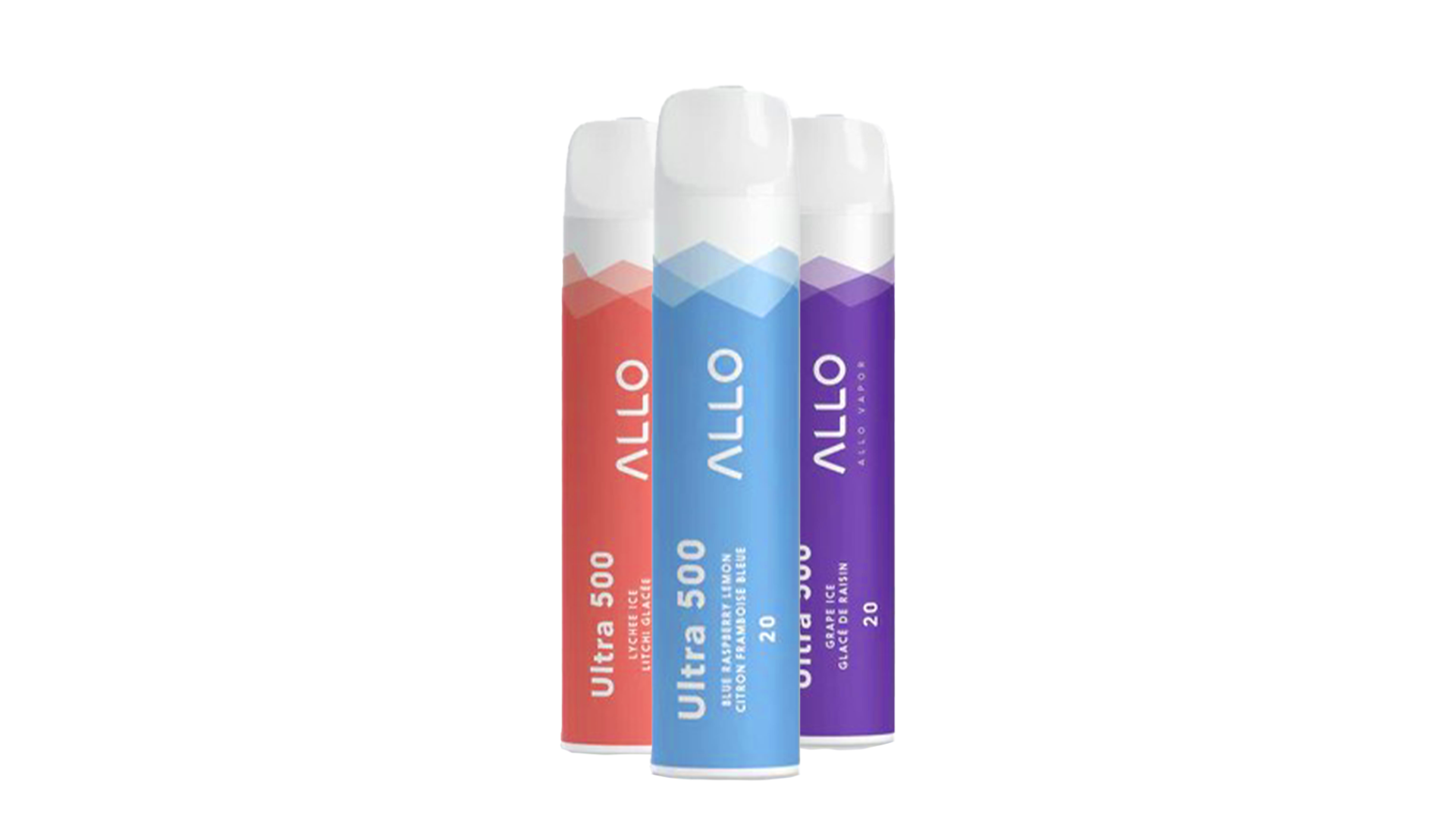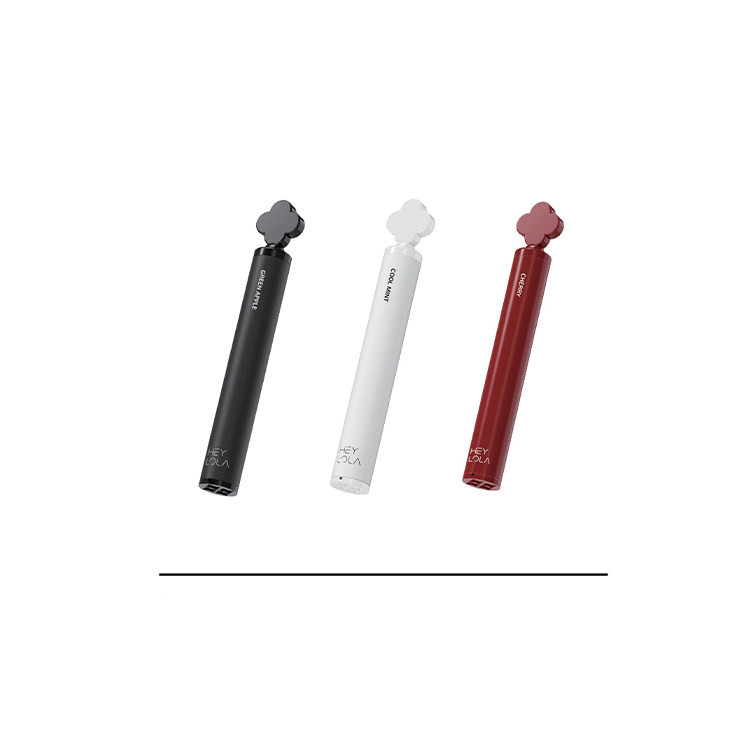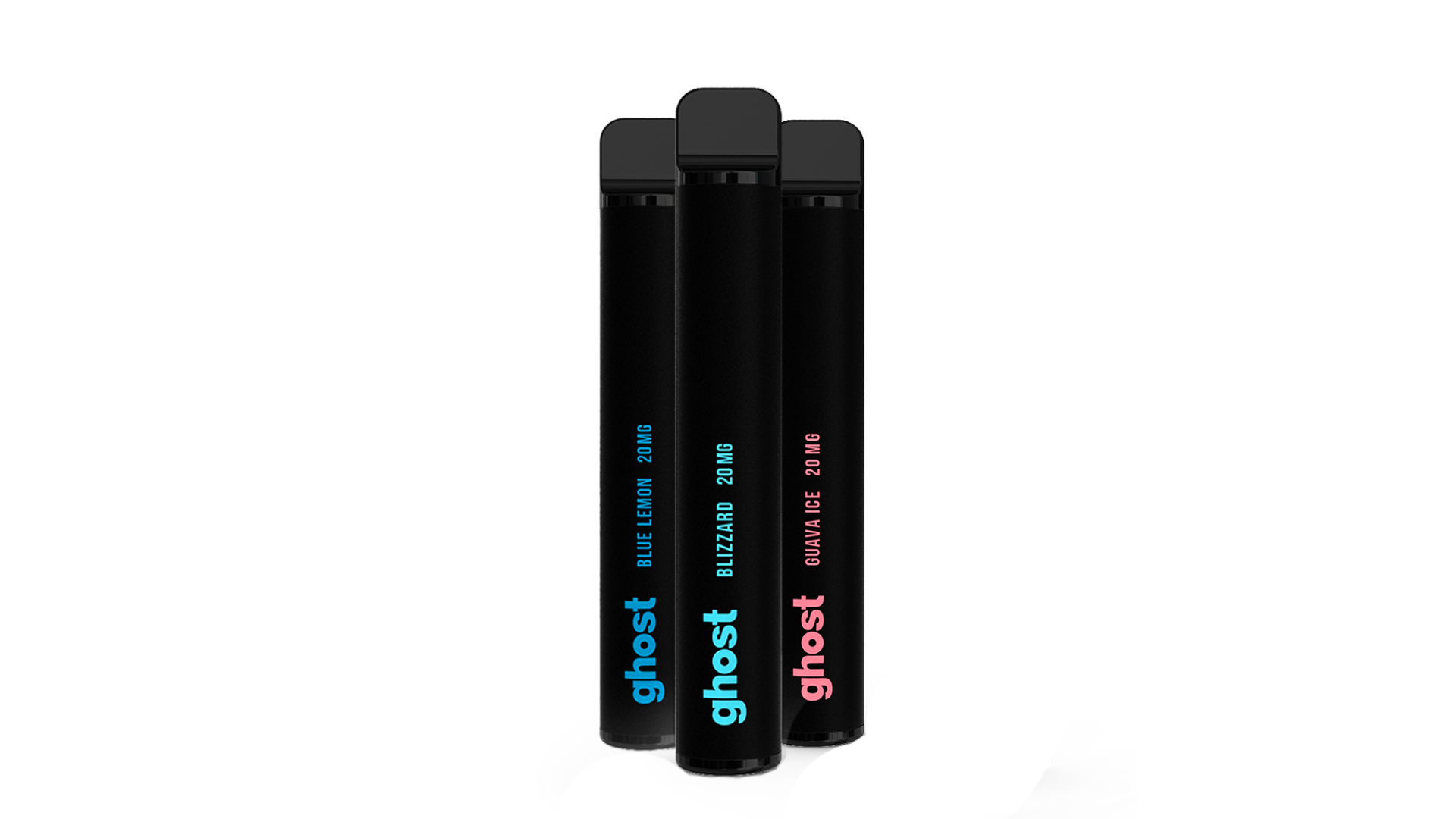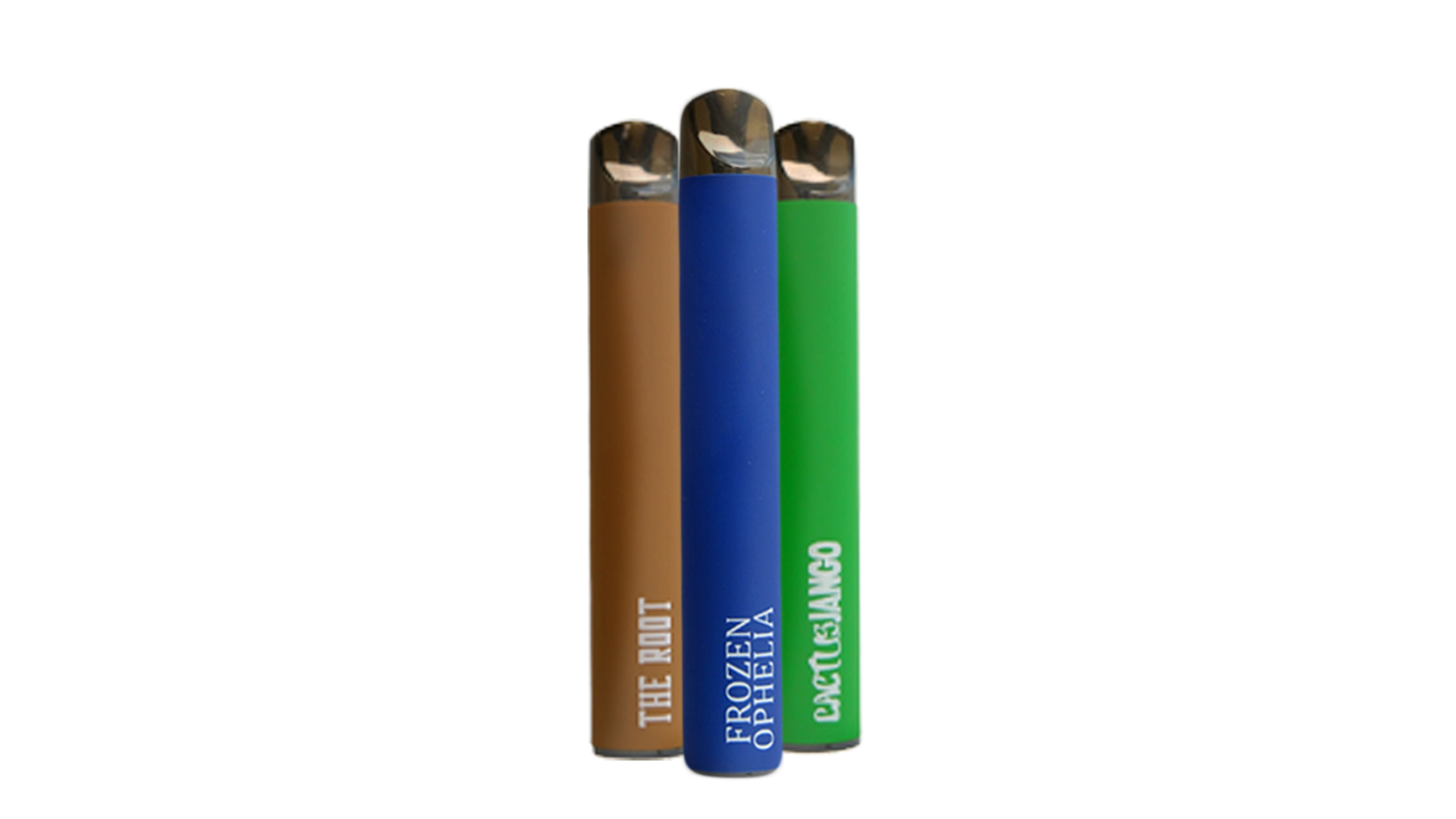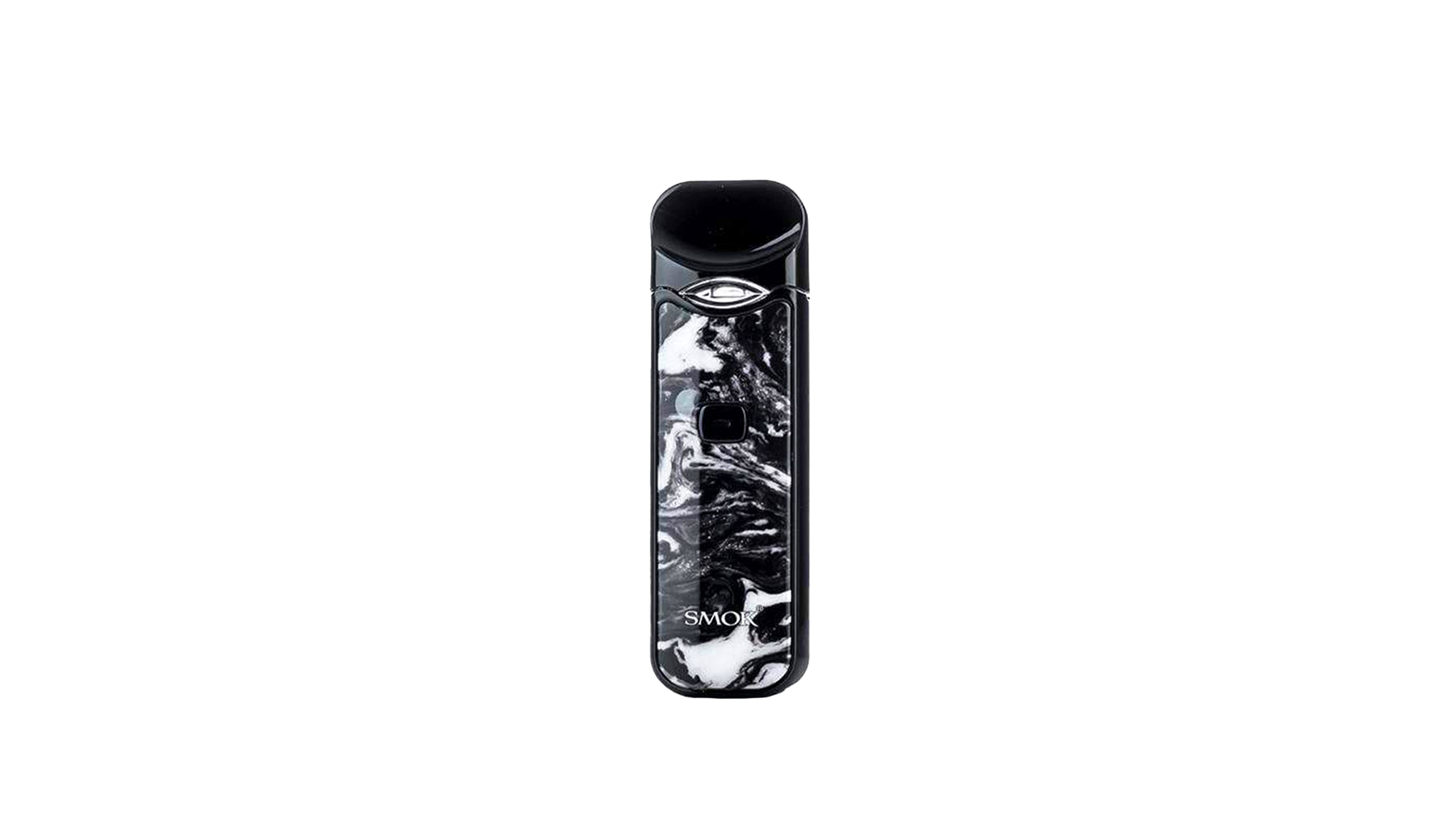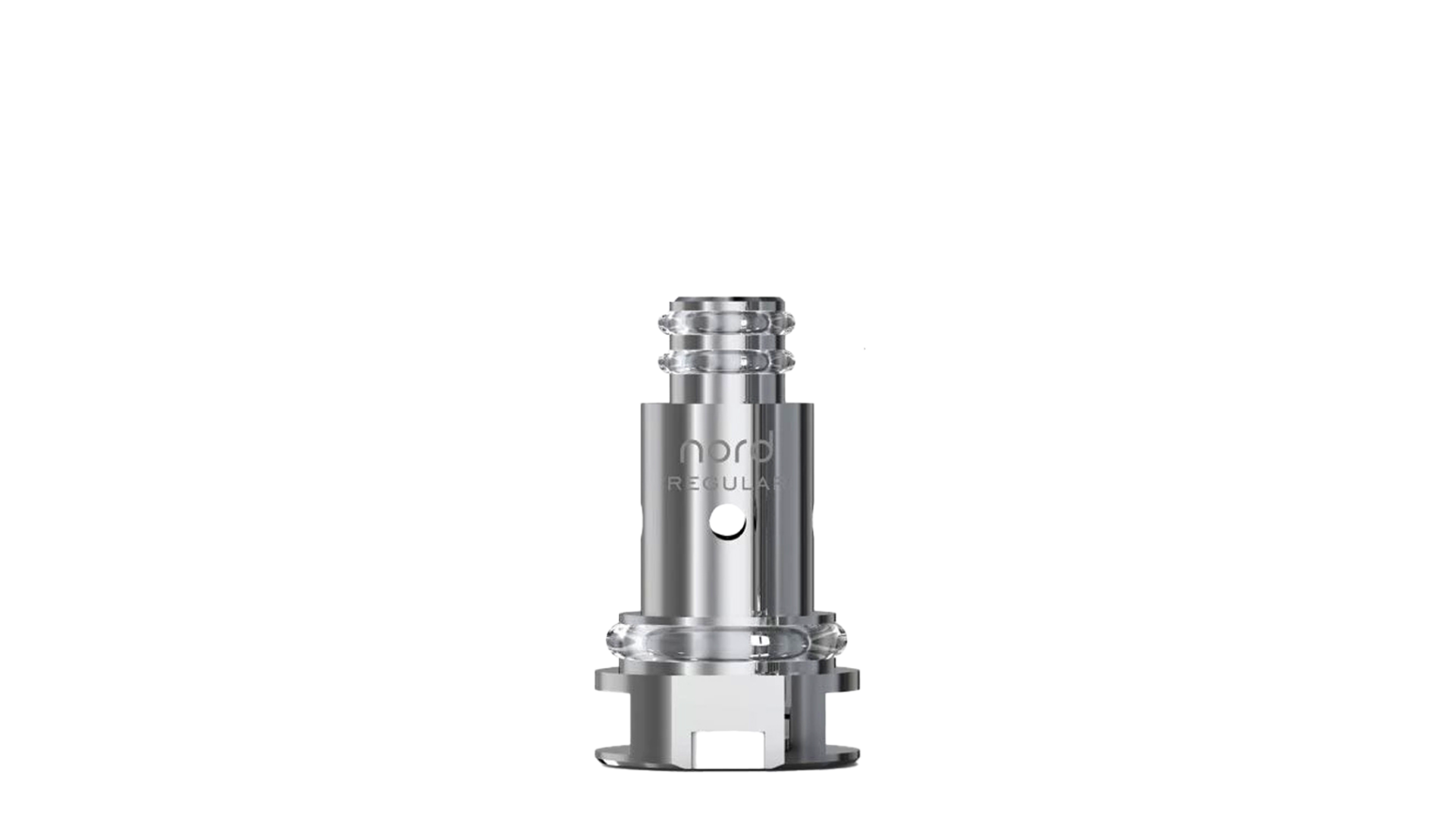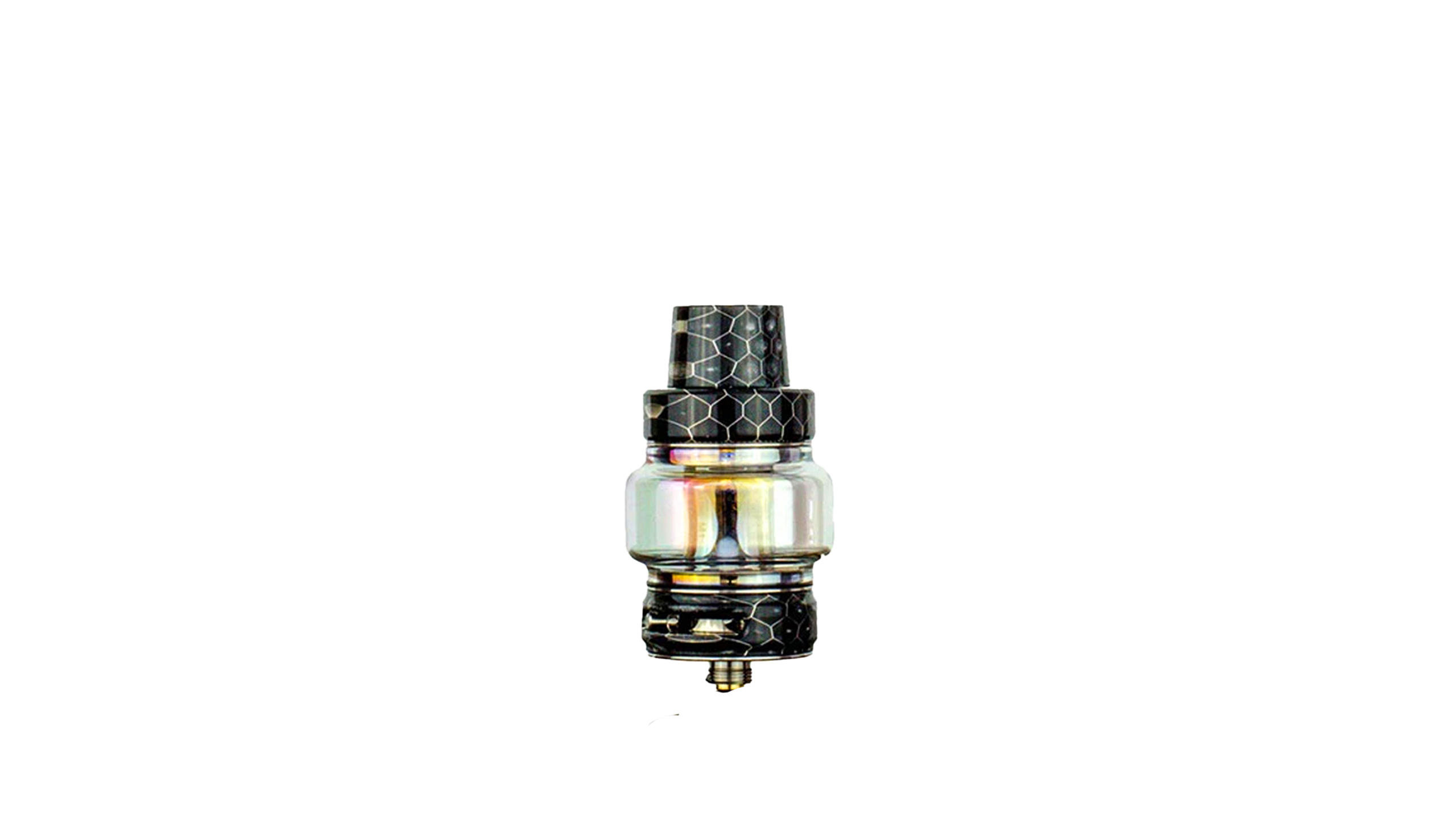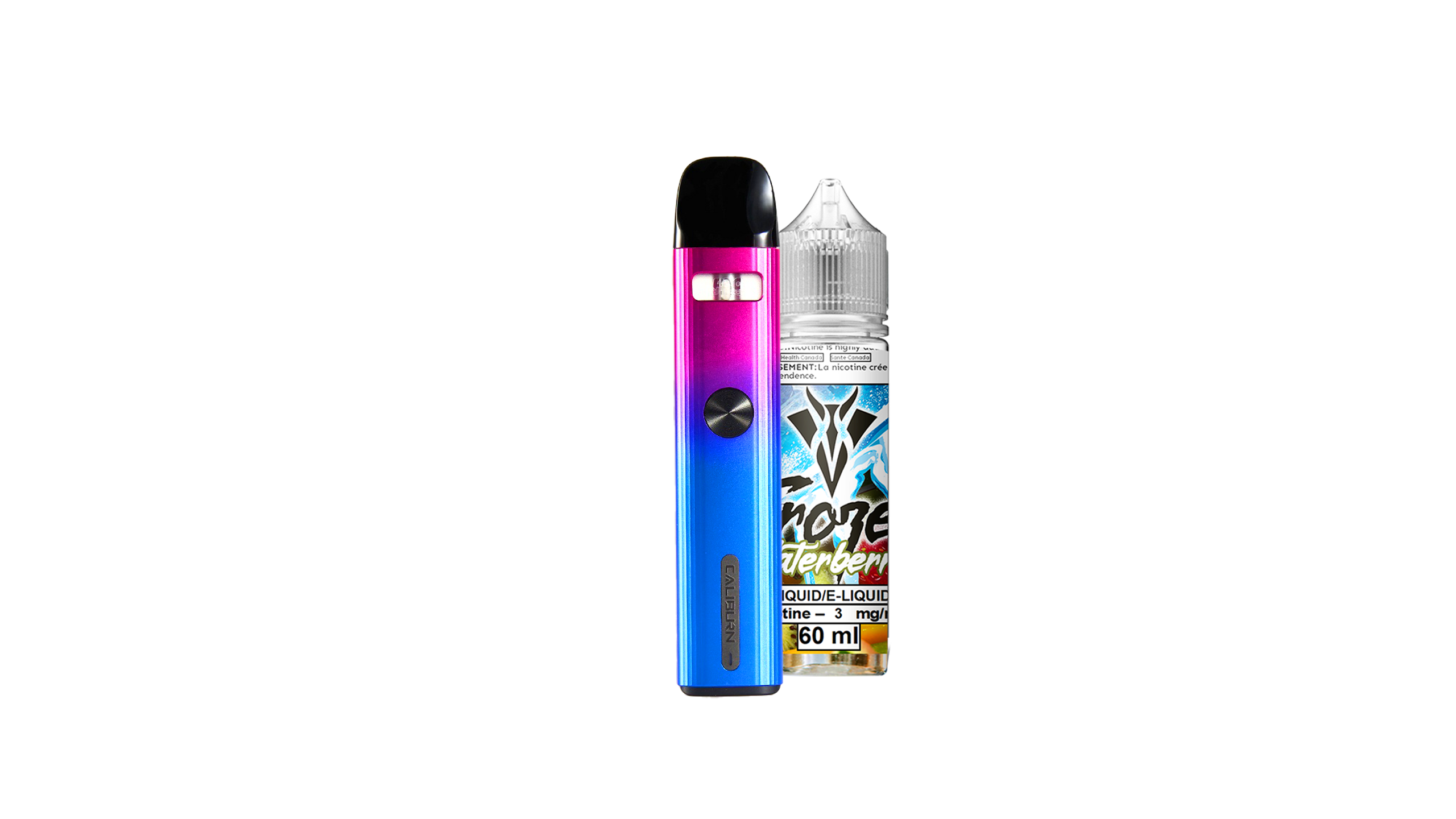Behind The Scenes Battle For The E-Cigarette Market
Big tobacco is lobbying for more liberal e-cigarette regulations to allow advertising, and even Japanese-style "vaping" parlours.
E-cigarettes are handheld electronic devices which deliver nicotine carried into the lungs by vapour not smoke. And there's a pitched behind-the-scenes battle over their future in New Zealand.
Manufacturers, including those owned by cigarette companies, would like light-handed regulations so the industry can boom, arguing e-cigarettes pose negligible health risks, and could help smokers quit traditional cigarettes.
But health lobbyists are worried they are a "gateway" to nicotine addiction and cigarette-smoking. They want tough restrictions, which could be relaxed over time if scientific evidence clears e-cigarettes of being a health hazard.
The fight is being conducted through submissions to the Ministry of Health over how tightly e-cigarette sales should be regulated, the last of which were handed in on Monday.
The ministry isn't publishing submissions just yet. But big tobacco has started trying to influence media attitudes with one e-cigarette company, understood to be owned by a big tobacco company, offering journalists trips to Japan in a bid to educate them about emerging e-cigarette technology like the "heat not burn" Ploom Tech from Japan Tobacco.
While they are not opposing restricting e-cigarette sales to minors, makers argue e-cigarettes are not like ordinary cigarettes, and should not be regulated like ordinary cigarettes.
They argue e-cigarettes are more like the widely-available consumer stimulant coffee, and are opposing a possible total ban on advertising and sponsorship, which e-cigarette makers claim would slow the uptake of e-cigarettes.
They also oppose the possibility that e-cigarettes be required to carry graphic health warnings on them, or be covered by "standardised packaging" rules that are coming in for cigarettes.
These would limit the proliferation of styles of e-cigarettes and e-cigarette supplies that make vaping shops look like something out of Willy Wonka's Chocolate Factory.
Also under threat is one of the biggest drawcards of vaping, which is multi-flavoured vapour cartridges and e-juices, which come in youth-friendly flavours like watermelon, bubblegum and strawberry.
They also oppose a suggestion that vaping be banned in places like bars.
And above all, they do not want the excise tax that makes cigarettes so expensive being levied on e-cigarettes, claiming that would discourage smokers from switching.
The rise of e-cigarettes has posed a challenge for lawmakers.
"The sale and supply of e-cigarettes containing nicotine derived from tobacco are currently to be unlawful under the Smokefree Environments Act," Cabinet papers say, but also note that more harmful ordinary cigarettes can be legally sold.
There was growing scientific consensus that e-cigarettes were safer than ordinary cigarettes, but there was a lack of long-term scientific evidence, and there were concerns that e-cigarettes could undermine drives to end smoking inh New Zealand by 2025.
There was also "a lack of clarity" in the legal position of e-cigarettes, which meant the ministry "has been unable to carry out enforcement actions", cabinet papers say.
That means e-cigarette and nicotine-laced e-juice and cartridges are freely available.
National chain of vaping shops Shosha has 13 stores in Auckland and Wellington, and is about to open another in Christchurch. It openly sells a vast array of e-cigarettes and cartridges for them, many containing nicotine, but many containing none at all.
It even has its own Shosha homebrand e-cigarettes and range of flavoured e-juices.
The Government's plan is to make e-cigarettes legal, with the only questionmarks being how free the e-cigarette market will be, which will determine how rapidly and how large it can become.
In some countries it has provided a sunrise product for Big Tobacco, whose main product is in terminal decline in many countries. It is estimated that more than US$50 billion will be spent annually on e-cigarettes by the year 2030.
Bloomberg recently reported that in Japan cigarette sales dropped to US$32.1b in 2015, down 0.7 per cent on the previous year, the latest in a long series of annual declines. But vapour-producing product sales increased five-fold compared to 2015, though sales were still a modest US$4.6million.
Health academics professor Nick Wilson, professor Janet Hoek, Frederieke Sanne van der Deen, associate professor George Thomson, and professor Richard Edwards have called for a licensing regime where only certain retailers are allowed to sell e-cigarettes.
Wilson said nicotine-based products were addictive, and should not be treated as just another consumer product.
"It would be a very naive approach for addictive drugs to be sold anywhere," he said.
Only allowing licensed pharmacies and specialist vape shops to sell these products meant they could be monitored, saying New Zealand had a poor record of enforcing regulations around the sale of restricted products like cigarettes, party pills and alcohol.
If New Zealand started out with a liberal regime, for example, allowing dairies and supermarkets to sell e-cigarettes, it would be hard to reverse, he said.
Wilson said e-cigarettes should not be taxed to the same degree as ordinary cigarettes to maintain a price difference to encourage smokers to use them as a quitting aid, but once smoking had been stamped out, he'd want to see taxes on nicotine-based e-cigarettes rise until they were off the market too.
Shosha's submission to the ministry says if excise tax is levied, it should be at a very low level.
Big Tobacco has tainted the e-cigarette market, which may be fuelling suspicions that it sees profits from a new generation of addicts hooked by lifestyle vaping.
"There are indications that tobacco industry involvement in the production and marketing of e-cigarettes has been increasing," the ministry noted, adding: "There is some overseas evidence of promotion of e-cigarettes targeting young people."
Lobbyists for Big Tobacco are darkly suggesting that if New Zealand were to hit e-cigarettes with restrictions or tax it considers unfair, it could take legal action as they see the New Zealand regulations as being something of a test case.
Wilson said: "Big tobacco has a long history of making legal threats, many of which don't come to anything."
But he said: "Maybe they would consider New Zealand as a test case to allow market penetration into Australia and Canada."
Meanwhile, e-cigarette makers are planning to take their argument to the media, and New Zealanders should expect the charm offensive to begin in the coming weeks and months.
http://www.stuff.co.nz/taranaki-daily-news/business/84543239/Health-lobby-v-Big-Tobacco-Behind-the-scenes-battle-for-future-of-e-cigarettes






